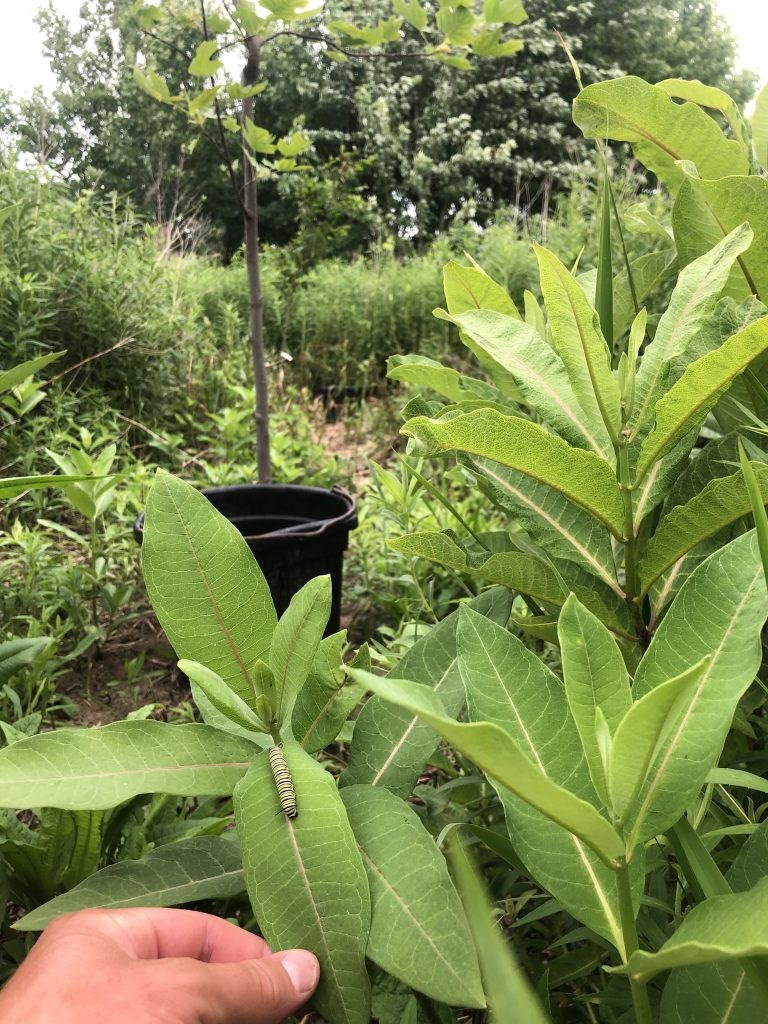
The past year and a half has revealed to me why our species struggles to actively engage with the conservation of nature.
All of the clues and observations I am about to list have previously existed in our time. There are signs all around us which represent the barriers of humans needing to properly care about the environment.
Protecting the environment has always seemed to be a supplementary conversation in politics and decision-making. I am not taking aim at any specific tier of government or demographic, but rather, I am proposing that this is a depraved global problem.
We are too distracted by things unique to our species. When you go to the vast world of YouTube, you are presented with scores of videos and their view counts. The videos that rise to the top are not nature documentaries, educational, or promotional of any harmonious living with our only planet. Instead, and with genuine kudos to their success, they are typically music videos filled with pop-culture figures or young tweens living in abhorrently large California mansions. It appears people really like to watch other people.
Millions and billions of minds getting their quick four minute fix on a top-rated video aren’t adding fuel to a more conservation focused society. Equally as accessible in the search bar are videos about how to grow a home garden, awareness on freshwater scarcity, or how biodiversity protects the very fabric of our civilization.
It’s not too often I have life epiphanies while standing in line at Walmart, but when I do, it has to do with our relationship with nature. During the COVID lockdown, items deemed non-essential were literally barricaded into their aisles. What quietly riled me up was seeing books for children about animals and nature, books about gardening, and other outdoor-related material cordoned off, but you could bet on picking up one of those many tabloid magazines about celebrity gossip on the way out the door.
Is it a stretch to say that the accepted narrative has us being steered into a world of small talk and insignificant details about people we will never meet? I watch athletes and rock stars on YouTube, too. However, what I’m getting at here is that it would be nice to see Canadian Geographic, planting guides, or a magazine about living eco-friendly at the check-out line. Behold, a subtle but undeniably preset barrier to prevent more minds from thinking about nature and our connection to it.
Humans jump and rally for inter-human causes because it is part of the very condition that makes us just that — human. Inherently, I believe our species always desires to help its neighbour, to grow and prosper as a group, and to look out for one another. We are capable of creating extraordinary acts of decency in quick time when it comes to helping others, which in turn, helps ourselves. Like a forest, different trees cooperate and compete together to ensure the entire system remains healthy. Can we do that for the natural world when it counts, too?
Right now, I go out on a limb to say our species is not healthy. We are undeniably and nonchalantly more focused on the he-said she-said of the world versus the world beneath our feet.
You can only dance on rotten floorboards for so long before they give in.
When the next election season rolls around, perhaps we should look at options where the environment isn’t just a secondary conversation. I think the giant swath of society is hyper-focused on health and economy, as I am too, but let’s not forget that you don’t have either without a healthy, respected environment.
I wonder if when people hear the term Green Party, for example, they automatically compartmentalize the whole party into a group of people who are only capable of focusing on the environment. We must acknowledge by human condition, and our interpretation of language, that mindsets exist where the term “green” automatically implies that the economy won’t matter as much. I politely challenge any political party to address the environment as a focal point, without detracting from our working lives. It’s almost like it could benefit from a sweeping name change, such as The Sustainability Party, because really, who can argue with wanting to sustain our environment and the very livelihoods it protects?
So be it in a current state of affairs, but it appears that political will and the media are vectors of information and opportunity alike. The overarching message is simply not environmentally heavy enough. Protecting the environment should not be reserved as a soft and secondary conversation.
Because nature doesn’t visually or obviously make us money, it can often get painted as a burden, an obstacle, or something unworthy of serious conversation.
One thing we always notice about history is how it took someone, or a group, that was bold and ahead of their time. What seems absurd in the present will be celebrated later in the future. When the state of our environment comes back to bite us in a big way one day, we will look back over the decades and say, “wow, that group at least tried.”
Or, were we just staying inside and watching YouTube’s newest and hottest video?
To that I say, it’s time to cut it out with conservation hesitancy.